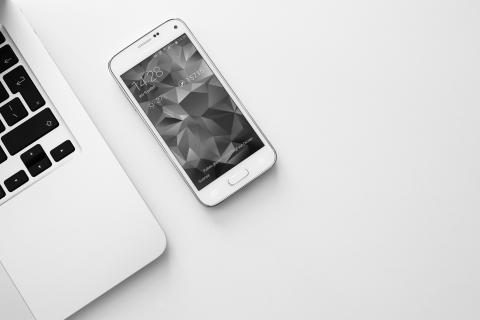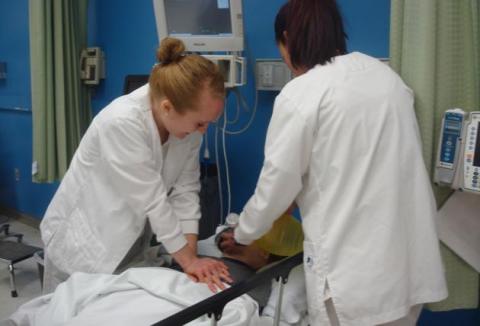The Impact of Screen Time on College Students: Finding Balance in the Digital Age
May 19,2023
In today's digital era, college students are spending an increasing amount of time engaged with screens, whether it be for academic purposes, social interactions, or entertainment. While technology offers numerous benefits, excessive screen time can have significant effects on college students' well-being. It is important to understand the potential consequences and find strategies to maintain a healthy balance. In this article, we will explore the impact of screen time on college students and discuss ways to navigate the digital landscape for optimal well-being.
Academic Performance: Excessive screen time can negatively impact college students' academic performance. Spending excessive hours on screens, such as laptops, tablets, or smartphones, can lead to decreased focus, reduced productivity, and difficulties in retaining information. Constant distractions from social media, online gaming, or streaming platforms can hinder studying and concentration, ultimately affecting grades and overall educational outcomes.
Strategies: a. Time Management: Implementing effective time management strategies, such as setting dedicated study periods and limiting non-academic screen time, can help prioritize academic commitments. b. Digital Detox: Taking regular breaks from screens, engaging in offline study techniques, and creating technology-free zones can enhance focus and promote more effective learning.
Sleep Disruptions: Excessive screen time, particularly close to bedtime, can disrupt college students' sleep patterns. The blue light emitted by screens inhibits the production of melatonin, a hormone that regulates sleep-wake cycles. As a result, students may experience difficulty falling asleep, poorer sleep quality, and fatigue during the day, impacting their overall well-being and academic performance.
Strategies: a. Establishing a Screen-Free Bedtime Routine: Encouraging students to establish a consistent bedtime routine that involves disconnecting from screens at least one hour before sleep can improve sleep hygiene. b. Nighttime Screen Filters: Using night mode or blue light filters on devices can help reduce the impact of screen time on sleep patterns.
Physical Health Concerns: Excessive screen time often leads to a sedentary lifestyle, contributing to various physical health issues among college students. Prolonged sitting and decreased physical activity associated with excessive screen use can lead to weight gain, musculoskeletal problems, and increased risk of developing chronic conditions like obesity and cardiovascular diseases.
Strategies: a. Incorporating Exercise Breaks: Encouraging students to take regular breaks from screens to engage in physical activities, such as walking, stretching, or participating in sports, can counterbalance sedentary behavior. b. Mindful Posture: Educating students about maintaining proper posture while using screens and promoting ergonomic practices can mitigate the risk of musculoskeletal issues.
Mental Health Challenges: Heavy screen time usage can contribute to mental health challenges among college students. Constant exposure to social media platforms can lead to feelings of inadequacy, anxiety, and depression due to social comparison and the pressure to portray an idealized online persona. Additionally, excessive screen time can lead to reduced face-to-face social interactions, feelings of isolation, and decreased well-being.
Strategies: a. Setting Screen Time Limits: Encouraging students to set realistic and intentional screen time limits can promote a healthier balance between digital engagement and real-life experiences. b. Cultivating Offline Connections: Encouraging students to engage in face-to-face social interactions, participate in campus activities, and prioritize in-person connections can foster a sense of belonging and well-being.
Screen time has become an integral part of college students' lives, but finding a healthy balance is crucial for their overall well-being and academic success. By implementing strategies such as effective time management, digital detox, prioritizing sleep, promoting physical activity, mindful posture, setting screen time limits, and cultivating offline connections, students can navigate the digital landscape while mitigating the potential negative effects of excessive screen time. Emphasizing digital well-being as part of a holistic approach to student support ensures that college students can harness the benefits of technology while maintaining their mental, physical, and emotional health.






